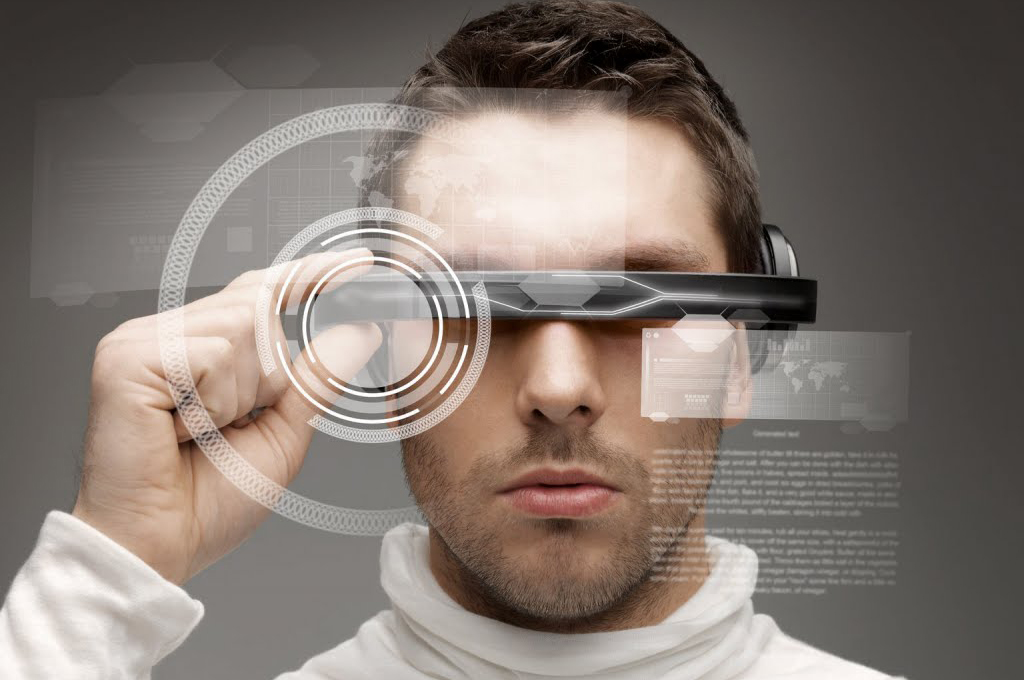John & Butson
The life of an undergraduate student is typically portrayed as one of studying, attending classes, and socialising. However, these types of depictions tend to mask the complexities associated with student life/learning. This study aims to investigate the degree to which the repetitive, mundane, and seemingly insignificant actions that define student daily life shape their academic development. In this talk we present a more holistic perspective of the students’ educational experience grounded in daily student action.
Drawing on the theoretical forms and concepts of Space-Event-Movement articulated by Bernard Tschumi (1976) in his book The Manhattan Transcripts, we went about transcribing a) the spaces in which students spend their time, b) the activities (events) they undertake in these spaces, and c) the movements or connectors that bind these spaces. Rather than following the traditional approach within higher education research of asking people questions, we experimented with new advances in digital data capture methods (e.g., reality mining through wearable sensor-based devices). This allowed us to harvest students continuous naturally-occurring behavioural data – ‘what they were actually doing, rather than their perceptions, or what they say they did (John & Butson, 2016; Sim & Butson, 2014; Paretta & Catalano, 2013).
Given the changing nature of higher education, it seems essential that we explore new and innovative ways to examine and probe the academic development of our undergraduate students. In this way, we hope the findings of this study will act as a catalyst to raise the profile of behaviour-centric research in shaping our understanding of student experience, development and wellbeing.
